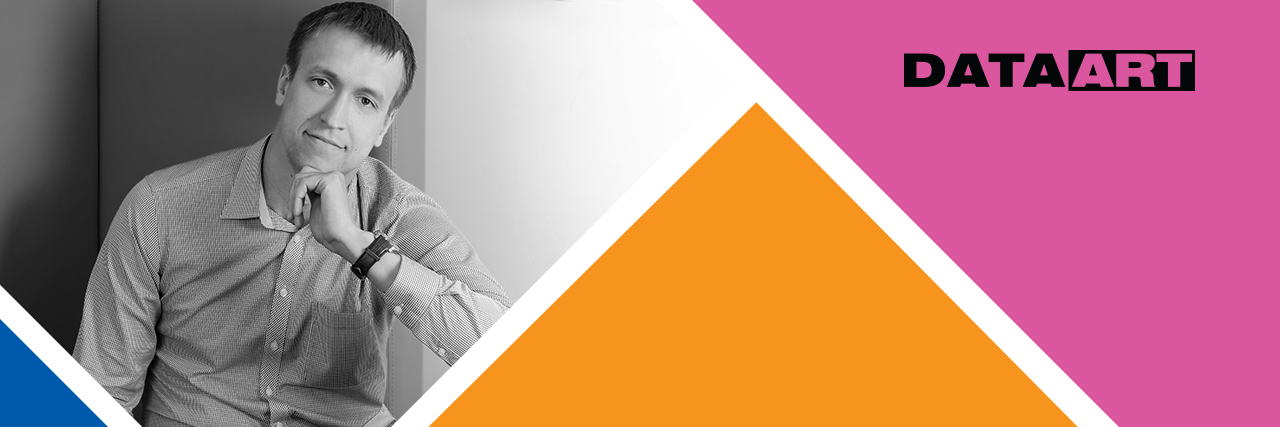A curious case of the return of the medieval exchange system

... or four reasons why P2P can sink into oblivion (at least in its current form).
Long before the development and subsequent monopoly of the banking industry, most financial transactions were conducted between people directly. In the middle of the XV century, thanks to the appearance of the first banks, people got a new way to conduct cash transactions. However, in recent years, everything has been moving towards the fact that we are again returning to private exchange. Payments (regardless of currency) from one person to another are again relevant, only in a different form.
The era of P2P, the 21st century cattle and poultry market, has come.
Simply put, P2P is an online technology that enables a user to quickly transfer funds from their bank account or credit card to another person’s personal account via the Internet or mobile.
Credit cards are not popular in Europe because of the low interest rates, the size of which has developed historically. In search of an alternative solution, the world was swept by the frenzy caused by P2P technology. For example, medium and large-sized enterprises, in front of which banks often slam doors (sometimes in the literal sense), are looking at P2P platforms.
P2P platforms double assets every nine months, showing rapid growth. New technology provides high speed and efficiency compared to traditional lenders. Thanks to its effectiveness, P2P is gaining more and more popularity. The leaders here are the companies M-Pesa and bKash, which stand out among the rest of the companies with well-thought-out algorithms, embodying the evolution of the financial exchange. Like the rapidly growing Uber and AirBnB services, which are changing the taxi and hotel markets, Lending Club, SoFi, Funding Circle and others are doing the same in financial transactions.
The advent of P2P has attracted so much attention that even Facebook and Google have provided users with the ability to conveniently transfer money to other users. To transfer money, you do not need anything other than the accounts themselves. Availability and instant transaction are the P2P benefits that appeal to the user.
Even financial giants (such as Citigroup) benefit from their P2P lending investments. The new technology provides lower operating costs (about 3% when using P2P compared to 7% of banks), in addition, they are free from banking regulation, which makes finding an investor even more difficult.
If you have access to a user base in a cellular network, then you also have access to payment transactions. Everything is so simple - it would seem that what could go wrong?
And really, what?
1. P2P cannot forever remain an unregulated technology.
If regulators have not paid attention to P2P so far, this does not mean that this will continue. But at least right now, the P2P market is free to use new methods.
2. There are pitfalls in P2P technology, as in the banking industry.
P2P should not be seen as a miracle in the world of business. There is a good chance that the benefits of P2P will ultimately lead to its collapse. Problems can arise when P2P lenders start borrowing money from other P2P lenders to cover their own debts, forcing regulators to intervene to avoid unforeseen consequences.
3. Insecurity .
There is no doubt that people will try to find opportunities to illegally profit from P2P technology, as in any other payment system, where criminals have already become skilled in money fraud.
4. P2P technology may be unstable and simply collapse .
Given the lack of rigorous local verification systems, some P2P platforms allow bankrupt and other entities to slip past established rules, making it vulnerable to non-payers.
To summarize the above, users are increasingly choosing P2P technology, and banks may need to change their mindsets to compete with new fintech companies. But this is another topic for discussion.
Trade has evolved from a private-seller relationship to a larger-scale private-private exchange method. The only question is whether these changes will be strengthened, or whether the banking industry will regain influence with the next turn of the wheel of time.
Posted by Ilya Aristov, Technology Innovation Expert at FinServ
